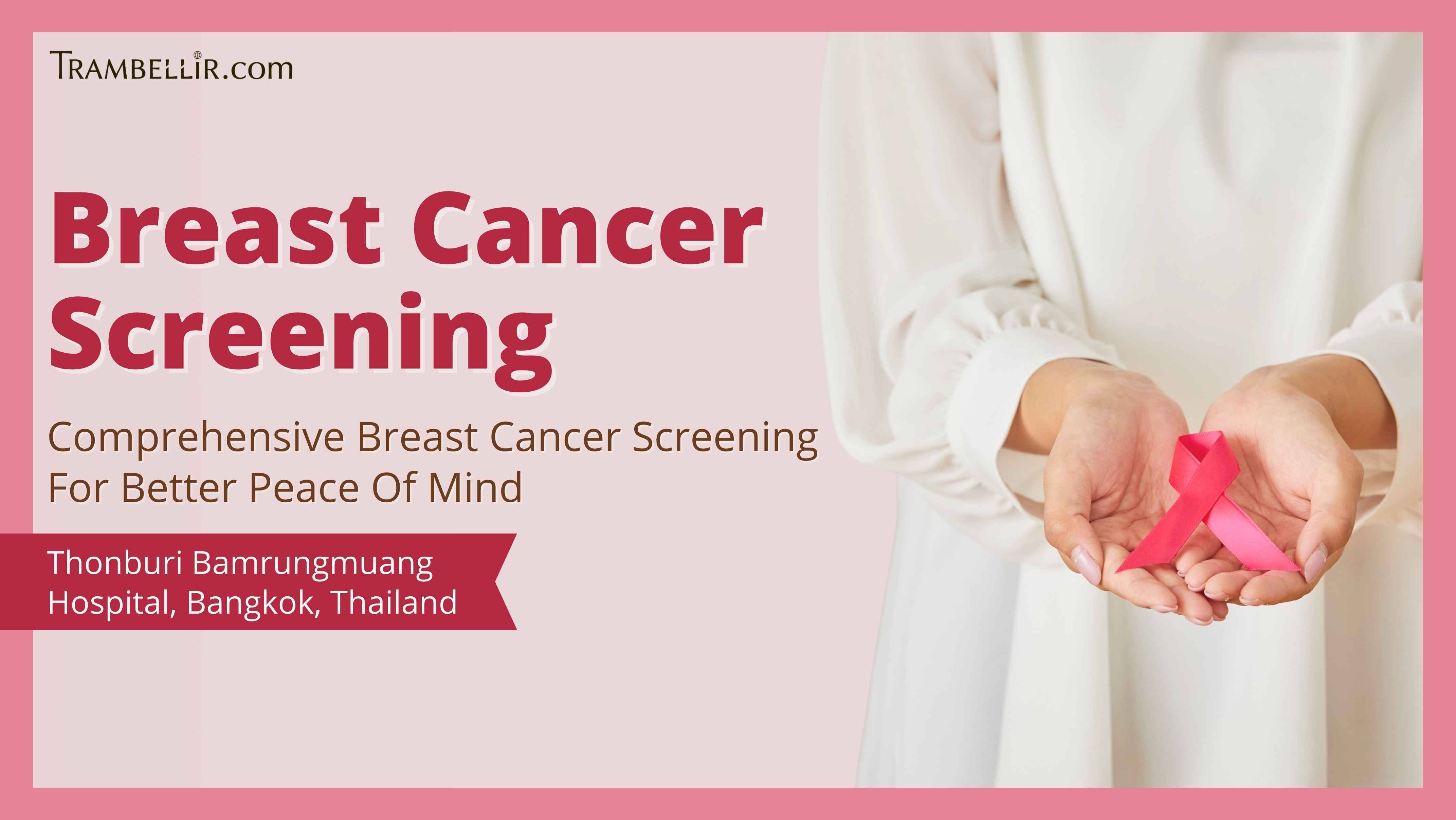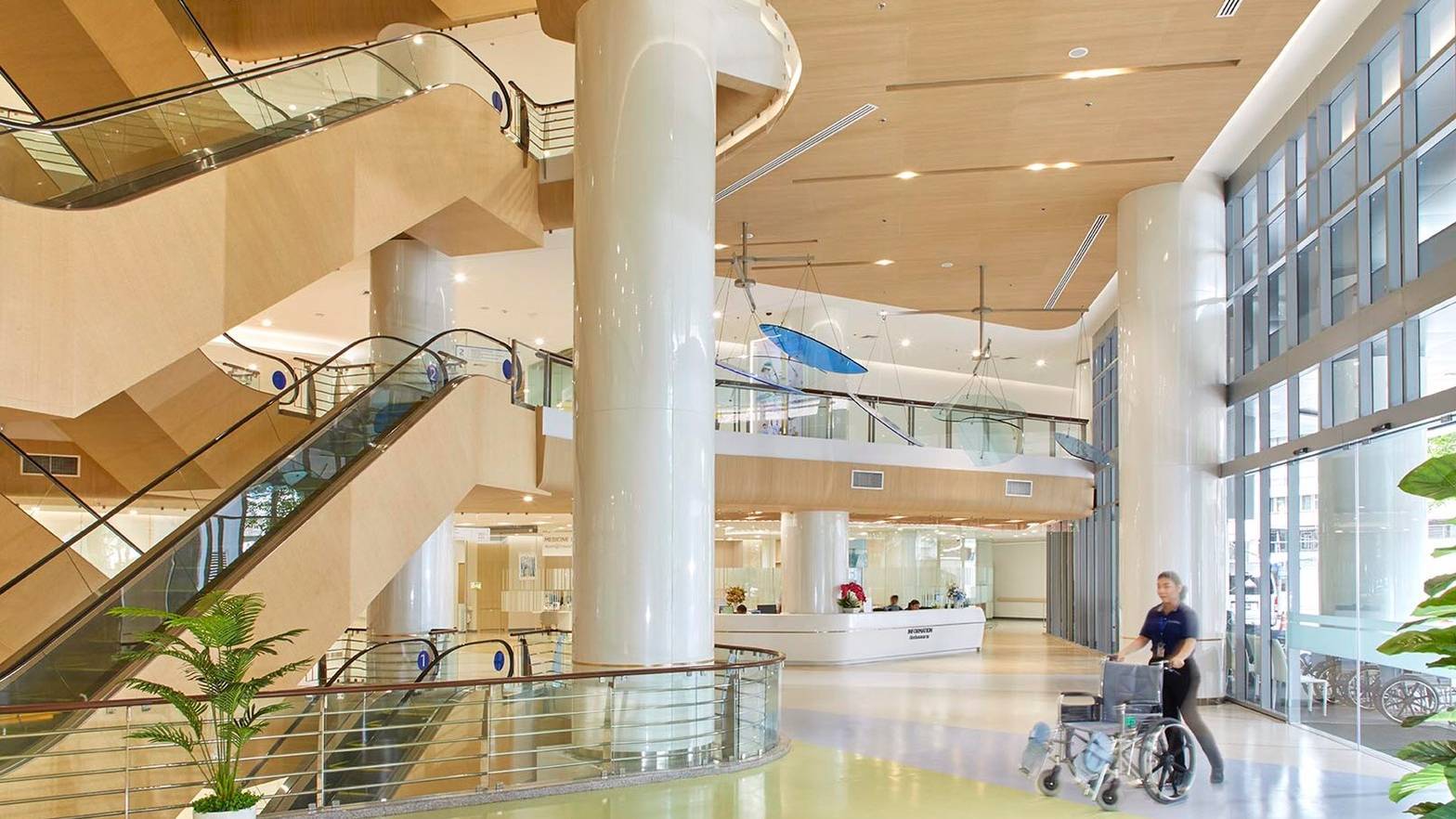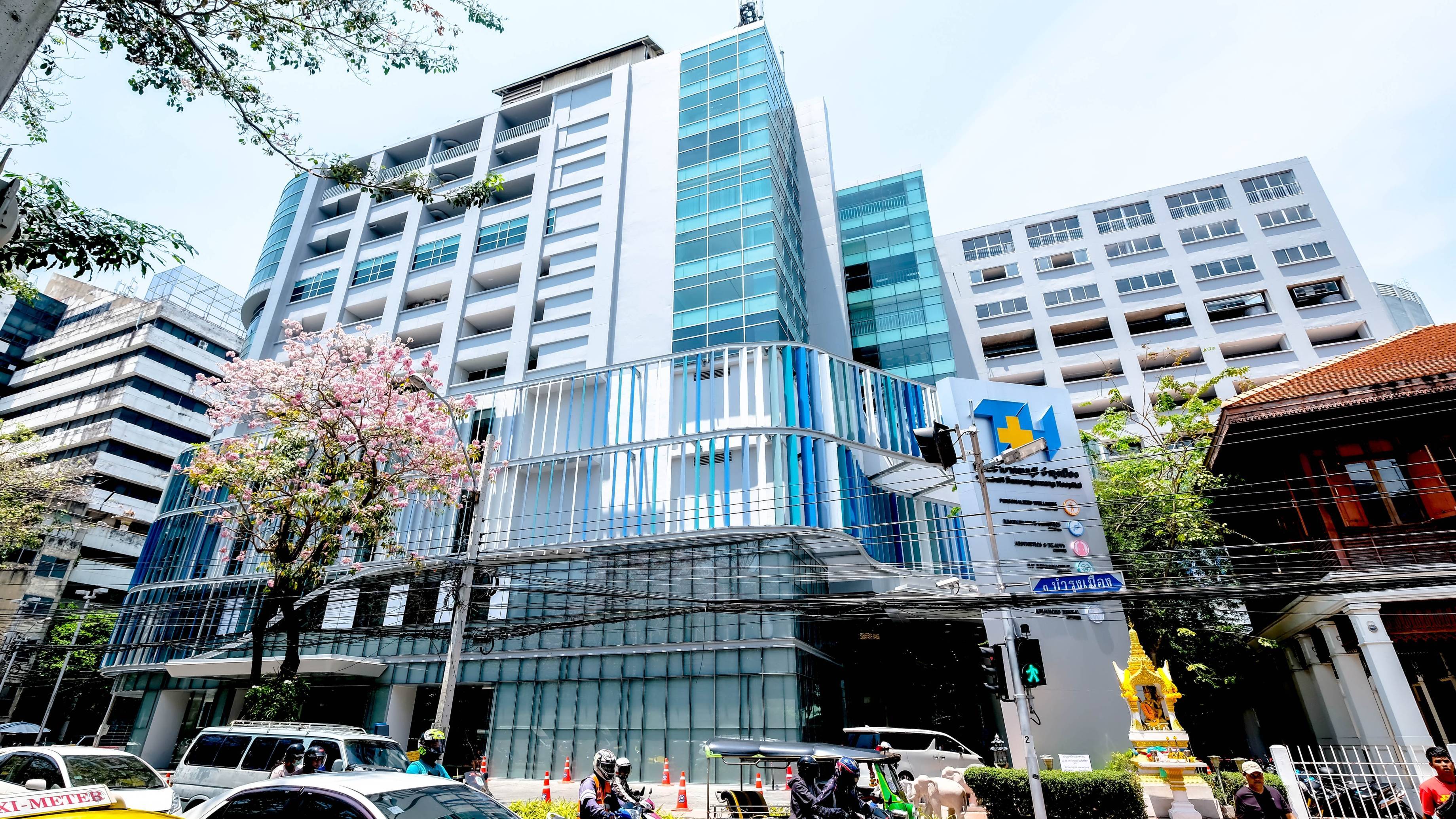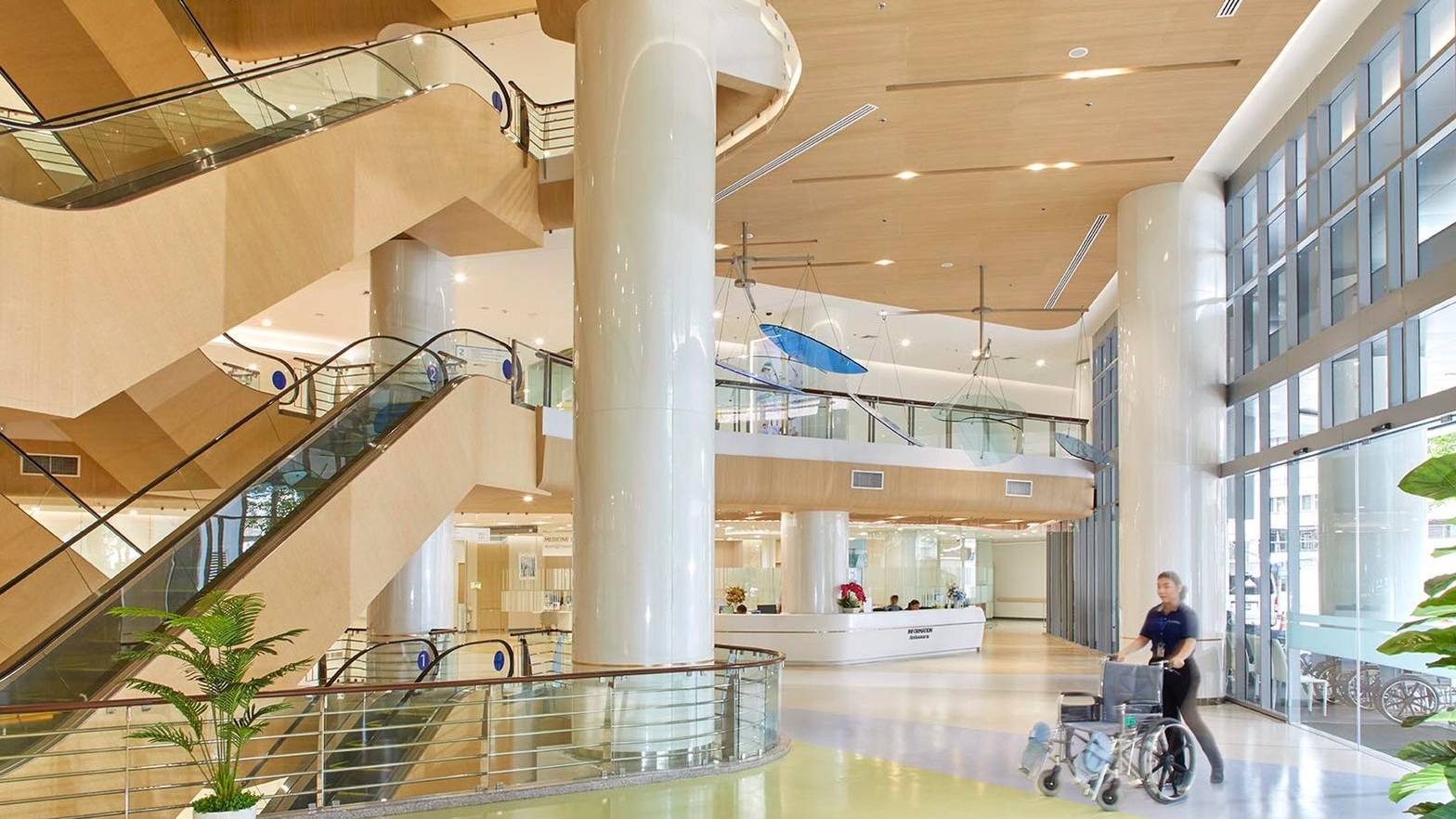It Is Suitable For
· Those in Bangkok looking to detect breast cancer early.
· Those who want to monitor breast health after age 40.
· Those who want to screen with dense breast tissue.
· Those who wish to manage higher personal or family risk.
· Those who wish to check new lumps or breast changes.
What Is Breast Cancer Screening?
Breast Cancer Screening is a preventive health measure that uses tools like mammograms, breast ultrasounds, and clinical breast exams to detect breast cancer at an early stage – often before symptoms appear. Early detection greatly improves treatment outcomes, increases survival rates, and allows for more effective treatment planning.
Combining digital mammograms with ultrasound is especially beneficial for women with dense breast tissue or those at higher risk, providing a more complete view and increasing the chances of detecting cancer early.
How It Works
Breast Cancer Screening uses imaging and physical examination to assess breast tissue. A digital mammogram captures X-ray images of the breast by compressing it between two plates. In some cases, 3D mammography (tomosynthesis) is used to take multiple image slices for better visibility. Breast ultrasound involves moving a handheld transducer over the skin to send sound waves into the tissue and create internal images. A clinical breast exam may also be performed by the doctor at our affiliated hospital to manually check for lumps or changes. These methods are used separately or in combination based on age, risk factors, or breast density.
Breast Cancer Screening Procedure
1. Consultation will be conducted and medical history will be reviewed.
2. The patient will be prepared for the screening.
3. A digital mammogram will be performed.
4. A breast ultrasound will be conducted right after.
5. A clinical breast exam may be done.
6. Images and findings will be reviewed.
7. Further recommendations will be provided.
Advantages and Limitations of Breast Cancer Screening
<Advantages>
· Allows for early detection
· Improves survival rates
· Reduces mortality
· Prevents complications
· Offers less invasive treatment
· Provides peace of mind
<Limitations>
· Only detects cancer; not a preventive treatment
FAQ
Q1: Is it okay to have Breast Cancer Screening every 2 years?
A1: Yes, screening every 2 years can be appropriate for some women, especially those at average risk.
Q2: Is ultrasound better than a mammogram?
A2: Ultrasound is not better than a mammogram but is used as a complementary tool. Mammograms are the primary screening method, while ultrasound helps provide clearer images in dense breast tissue or investigates abnormalities found on mammograms.
Q3: What are the disadvantages of Breast Cancer Screening?
A3: Disadvantages include false positives, which can lead to unnecessary anxiety and additional tests, false negatives where cancer might be missed, exposure to a small amount of radiation from mammograms, and detecting non-threatening abnormalities that may lead to overdiagnosis.
Q4: What not to do right before Breast Cancer Screening?
A4: Avoid using deodorants, perfumes, powders, or lotions under your arms or on your breasts, as they can appear as spots on the mammogram. Try to schedule the screening when your breasts are least tender, typically a week after your menstrual period.
Q5: Can I wear a bra before Breast Cancer Screening?
A5: Yes, you can wear a bra before Breast Cancer Screening. However, you will need to remove it during the procedure for clear and accurate imaging of the breasts.
Clinic Information
[Clinic Name] Thonburi Bamrungmuang Hospital
[Location] Bangkok, Thailand
[Nearest Station/ Nearest Tourist Destination] A 10 mins drive from Hua Lamphong MRT station; 5 mins drive from National Stadium BTS station
[Clinic Opening Time] 24 hrs
Terms of Service
Trambellir is a health tourism platform and does not in any way provide, promote, or sell any
medication or medical treatment to the Customers.
Customers are advised to contact the healthcare providers directly for any enquiries related to
medical treatments.








